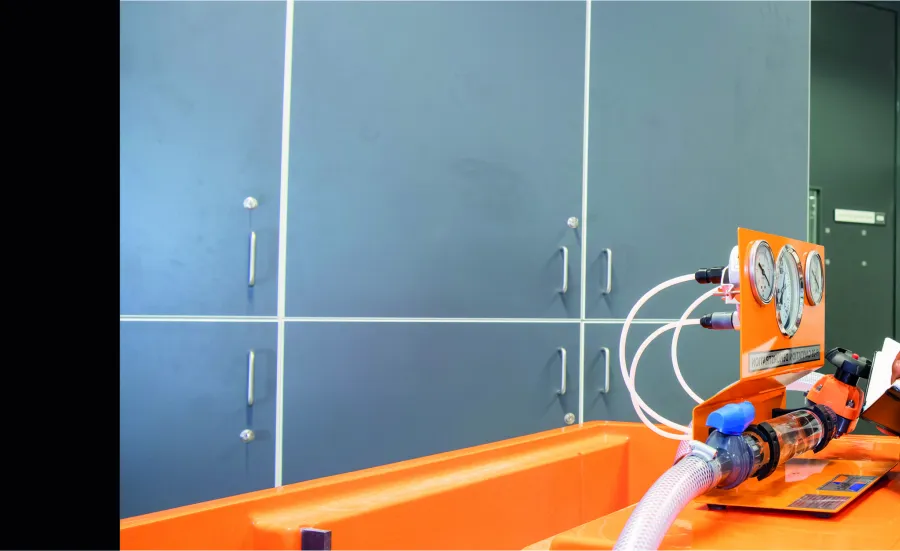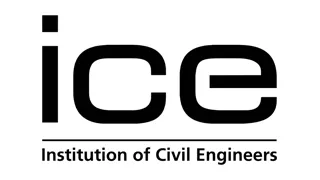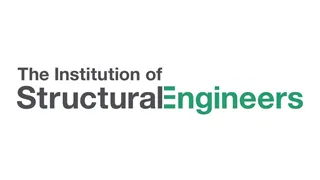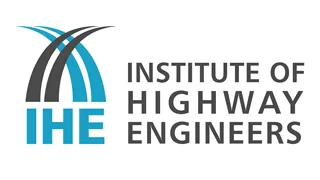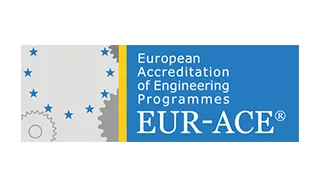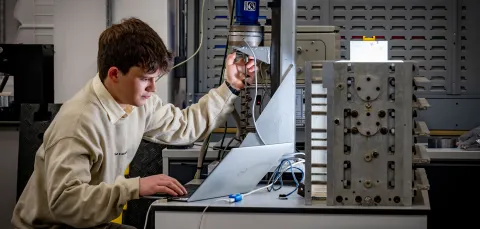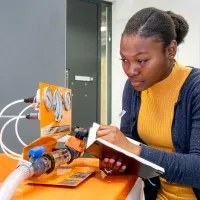About this course
Civil engineering is essential to the the sustainable future development of society. It explores everything from the engineering of buildings and road planning, to water supply and coastal defence. This BEng Civil Engineering course provides a solid grounding in civil engineering design and application. You'll develop the skills necessary to design and build creative solutions in the built environment, infrastructure and cities.
On this course you’ll learn essential principles, such as:
- mechanics
- structures
- materials
- thermofluids
- geotechnics
- hydraulics
- structural design
You’ll also study construction management and the real-world applications of civil engineering. This covers topics such as risk management and health and safety.
You'll have the opportunity to:
- apply analytical techniques and problem-solving skills to engineering problems
- develop technical design skills, such as sketching, computer-aided design (CAD) and model-making
- develop surveying, construction practice and computer programming skills
- take part in the Constructionarium challenge, where you'll get practical construction experience and build scaled-down versions of famous structures
- learn about the latest industry developments as they happen
- apply to our SUCCESS scholarship scheme, with opportunities for work placements and an annual bursary
This programme incorporates hands-on experience in our modern facilities. This includes our £48m National Infrastructure Laboratory and our:
- testing and structures research lab
- geotechnics lab
- large structures testing lab
- hydraulic flumes
- Jaguar Land Rover driving simulator
- dedicated student design studios and workshops
Design is integral to our courses. You'll take part in laboratory sessions and design projects throughout your degree to put your knowledge into practice. These are often based on the requirements of a real site and a real client, with the opportunity to showcase your work in our annual Engineering Design Show.
Visit our Design Show blog to see examples of our students’ design work.
Year in industry
Enhance your employability by taking this course with a paid industrial placement year.
Apply using:
- Course name: Civil Engineering with Industrial Placement Year
- UCAS code: H20P
You'll spend this extra year at an engineering firm, applying the skills and knowledge you've learned so far.
The fee is 20% of the standard annual tuition fee.
Follow our students on Instagram
Get a student's perspective on our Civil Engineering undergraduate degrees by following our student Instagram page.
We regularly review our courses to ensure and improve quality. This course may be revised as a result of this. Any revision will be balanced against the requirement that the student should receive the educational service expected. Find out why, when, and how we might make changes.
Our courses are regulated in England by the Office for Students (OfS).
Accreditations
This degree is accredited by the Joint Board of Moderators (JBM) comprising the Institution of Civil Engineers, Institution of Structural Engineers, Institute of Highway Engineers, the Chartered Institution of Highways and Transportation and the Permanent Way Institution on behalf of the Engineering Council for the purposes of partially meeting the academic requirement for registration as a Chartered Engineer (CEng). Candidates must hold a masters or doctorate accredited as further learning for CEng to hold accredited qualifications for CEng registration.
Learn more about accreditation and Further Learning programmes for CEng on the Joint Board of Moderators website.
This course is accredited by:
Course locations
This course is based at Highfield and Boldrewood.
Awarding body
This qualification is awarded by the University of Southampton.
Download the Course Description Document
The Course Description Document details your course overview, your course structure and how your course is taught and assessed.
